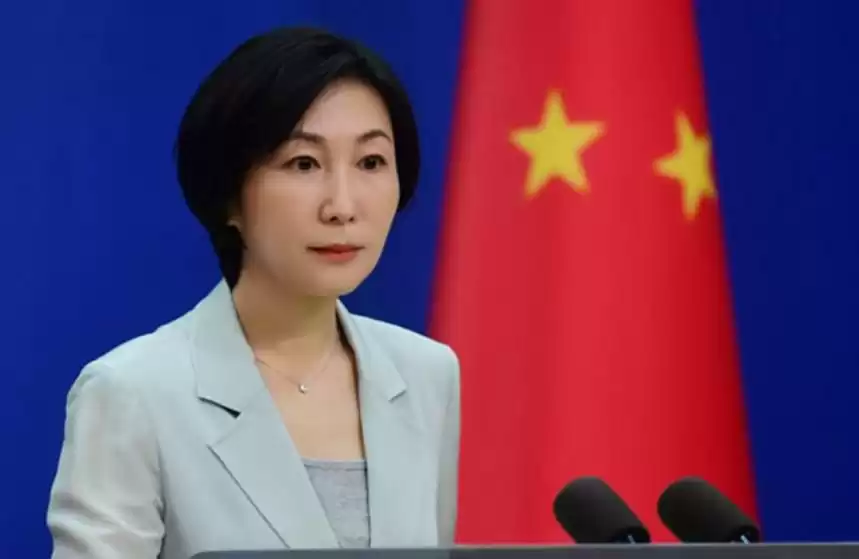New Delhi: As Indian and Chinese troops remained engaged in a high-altitude standoff in eastern Ladakh, Russia on Wednesday hoped that India and China will resolve the dispute soon, noting that a “constructive” relationship between the two countries was important for regional stability.
Russian Deputy Chief of Mission Roman Babushkin said Russia was hopeful of a “positive development” on the border row in eastern Ladakh.
“We are hopeful of positive developments for the sake of peaceful neighbourhood between the two great civilizations. Constructive relationship between our Indian and Chinese friends is very important to promote regional dialogue on stability and sustainable development,” Babushkin told PTI.
He also said that Russia was looking forward to further expanding its interaction with India and China at the upcoming meetings of the Shanghai Cooperation Organisation (SCO), the BRICS and Russia-India-China trilateral forum.
Indian and Chinese troops have been engaged in a bitter standoff in several areas along the Line of Actual Control in mountainous eastern Ladakh for close to a month. Both the countries are holding talks at military and diplomatic levels to resolve the dispute.
The issue figured in telephonic talks between Prime Minister Narendra Modi and US President Donald Trump on Tuesday.
On whether the delivery of the S-400 missile systems to India will de delayed due to the coronavirus crisis in Russia, Russian Deputy Chief of Mission said there could be some delays in implementation of military contracts in view of the pandemic.
“When it comes to the implementation of contracts, including in the area of military and technical cooperation, there naturally may be some delays due to COVID-19 restrictions. However, both sides are dedicated to timely implementation of all current agreements, including with regard to the supply of S-400 systems to India,” he said.
In October 2018, India had signed a USD 5 billion deal with Russia to buy five units of the S-400 air defence missile systems, notwithstanding warning from the Trump administration that going ahead with the contract may invite US sanctions.
Last year, India made the first tranche of payment of around USD 800 million to Russia for the missile systems.
In February, Deputy Director of the Russia’s Federal Service for Military-Technical Cooperation (FSMTC), Vladimir Drozhzhov, said that Moscow will begin the delivery of the S-400 surface-to-air missile systems to India by the end of 2021 and that there will be no delay in execution of the project.
Asked about US President Trump’s pitch last week for expansion of the G7 grouping by including India, Russia, Australia and South Korea, Babushkin said the grouping appeared to have outlived its purpose, adding blocs like G20 were equipped to deal with the key challenges facing the globe.
“This proposal by President Trump was also discussed during his recent telephone conversation with President Vladimir Putin. While taking note of this initiative, generally we share the opinion that when it comes to global challenges and dialogue on global governance, G7 seems to be out-of-date, and more representative mechanisms are required such as G20,” he said.
The G7 comprises the world’s most advanced economies like the US, United Kingdom, France, Germany, Italy, Japan and Canada.





